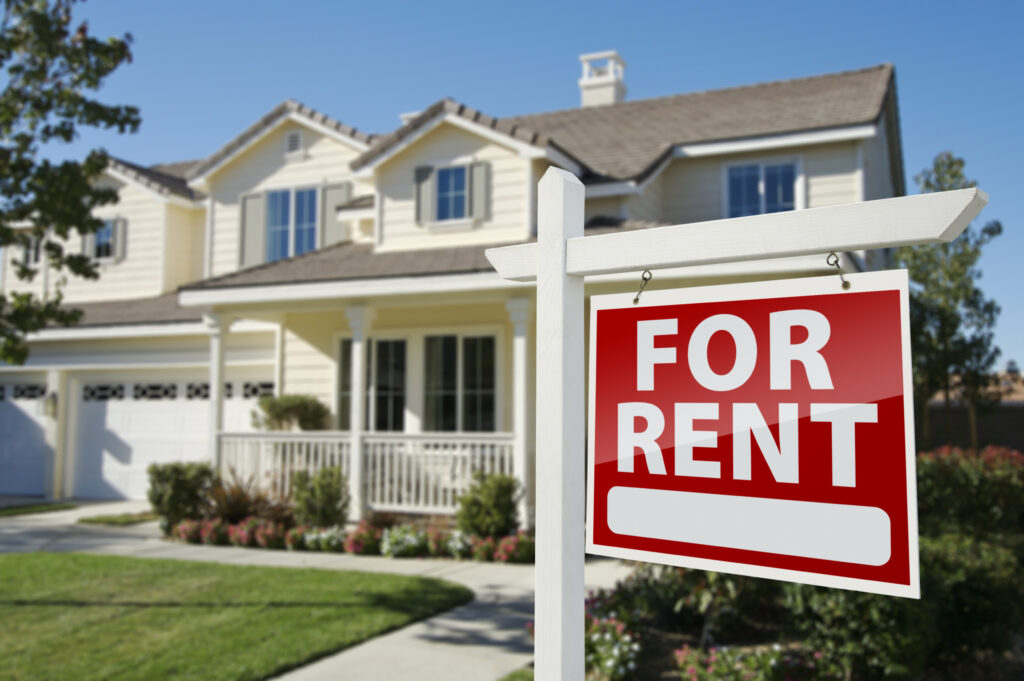Calling all grumpy Boomers and Gen X-ers: Say what you want about Millennials, Gen Z, The Youth of Today, but in my experience, young adults have a lot of financial savvy.
One thing I help 20-and-30-somethings with often is whether to sell that first house/condo they bought or keep it as a rental. At that age, I could never even consider such a financial decision, so you go!
The dilemma is tough. On the one hand, many young folks don’t really want to be landlords. On the other, they can see owning rental property as a way to build wealth and diversify from the stock market. And yet another common consideration is they are moving in with a romantic partner and want a place to go back to if it doesn’t pan out.
These lifestyle decisions are important, but what if keeping the property is just a bad business decision? There is a way to find out. Actually, there are several, but today I’ll focus on an example where someone has a mortgage.
Annual Net Income divided by your Equity = Return on Investment.
Let’s talk about a hypothetical 30-year-old, Mordecai. Mordecai will be moving in with his girlfriend Bernice. He has a condo he bought 5 years ago that is worth $300,000. His mortgage is $200,000 and his payment is $900/month. HOA dues are $450/month, property taxes $1,400/year, and insurance is $300/year. Comparable rent in his building is $2,000/month and the renters pay their own utilities. He plans to not use a property manager.
Net income = $24,000 less $10,800 mortgage less $5,400 HOA less $1,400 taxes less $300 insurance. Total = $6,100/year profit.
$6,100/$100,000 equity = .061 or 6.1%
For context, a professional landlord would be looking for more like 8%, so this feels like an okay investment, but not hitting it out of the ballpark. A moderate risk mutual fund could make 6%/year on average with a lot less brain damage.
True, mutual funds go up and down and real estate can feel steadier. You can touch your condo even when the value goes down. But what about if you can’t keep the place rented every month of every year? How about if HOA dues increase or you have a large repair? There are events that will cut into your profitability and possibly create negative income years (kind of like down stock market years).
It’s not always about the numbers. You may keep a property and count on raising rents over time. But this is an important piece of information that should be used in deciding whether to keep or sell a home you are no longer living in.



